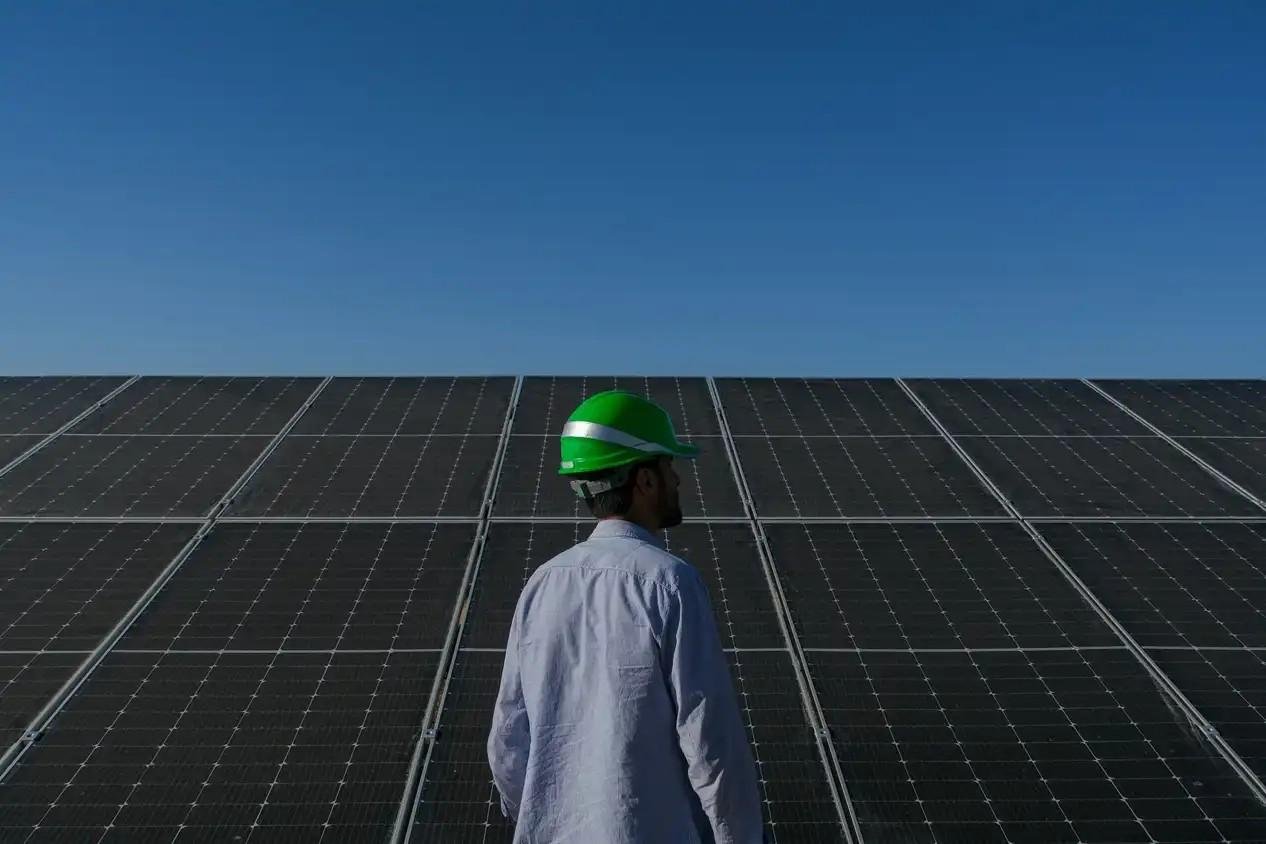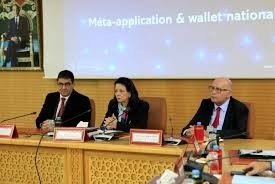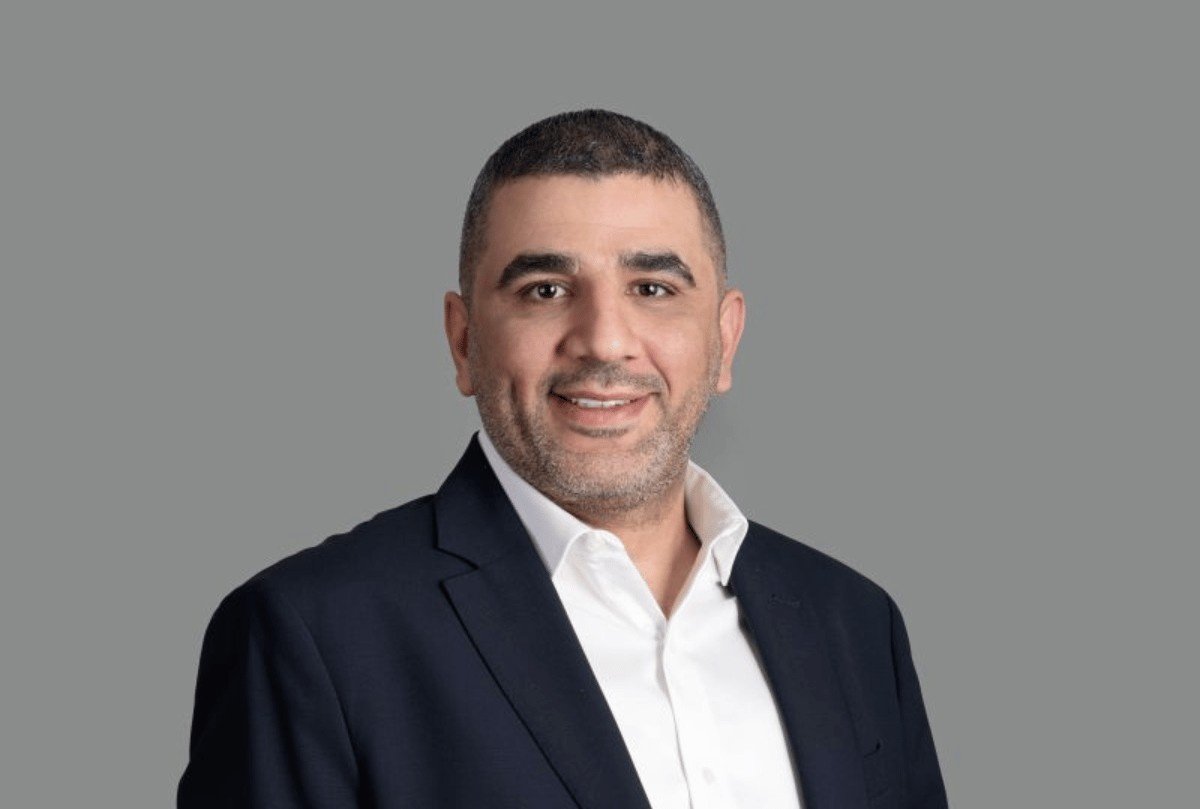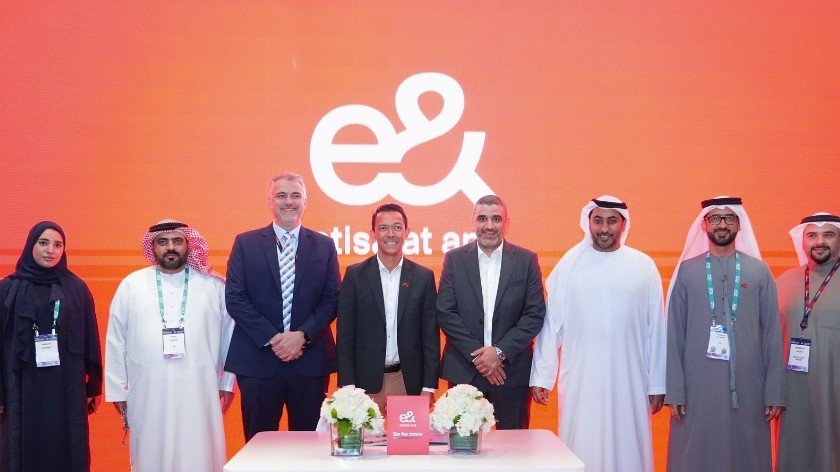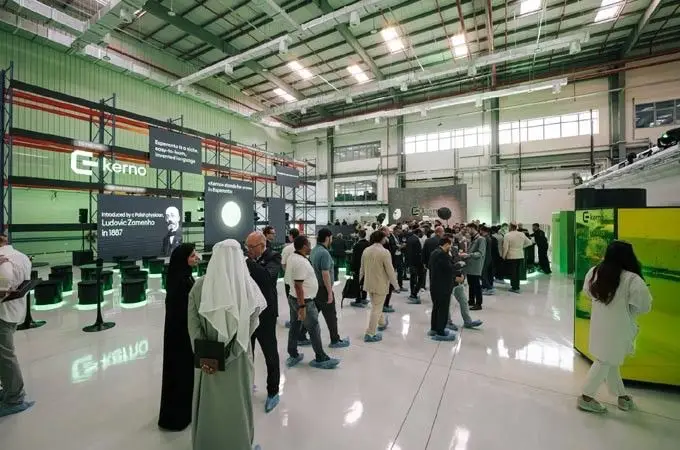Manama, Bahrain — Bahrain is confronting a growing challenge as it seeks to expand its data centre infrastructure while advancing ambitious renewable energy targets, amid limited land availability. The kingdom aims to boost renewables to 20% of its power mix by 2035, up from just 0.4% today, as part of its path to net-zero emissions by 2060.
According to Musab Abdulla, Director of the ICT Sector at the Economic Development Board (EDB), the country is exploring creative solutions, including vertical builds, offshore energy projects, and land reclamation, to reconcile competing land-use priorities.
“The problem with the most mature renewable technology today – solar – is that it takes up a lot of land that could otherwise be used for data centres, factories, schools or hospitals,” Abdulla explained.
The data centre boom in Bahrain is being fueled by major telecom operators and global technology players. STC Bahrain, a member of the 2Africa-Pearls subsea cable consortium, is developing a 55,000 sqm data centre park as part of a $300 million investment, enhancing Bahrain’s regional digital hub status. Meanwhile, Batelco, in partnership with Qareeb Data Centres, is constructing a $250 million colocation facility in Manama under its Data Oasis project, designed to host subsea cables such as SeaMeWe-6 and Al Khaleej.
Abdulla said “the appetite, the demands, the room to grow is phenomenal,” noting that new power capacity for data centres — totaling tens of megawatts — is expected to come online within the next eight months.
Renewable energy will be critical to sustaining this expansion. The International Energy Agency (IEA) forecasts that global electricity demand from data centres will more than double by 2030, reaching around 945 TWh — roughly equivalent to Japan’s current total electricity consumption.
Bahrain’s leadership in cloud infrastructure, established under its 2017 Cloud First Policy, remains a cornerstone of its digital economy strategy. The country became the first in the region to host Amazon Web Services (AWS) infrastructure, with the AWS Middle East (Bahrain) Region launching in 2019. This milestone enabled local data hosting for government entities, startups, and enterprises, reinforcing Bahrain’s ICT leadership.
Currently, Bahrain ranks fifth globally and third in the Arab world in the ITU’s 2024 ICT Development Index, and is forecast to add 66MW of IT power capacity between 2024 and 2029, according to Arizona Advisory & Intelligence.
As the kingdom navigates the complex intersection of sustainability and digitalization, its success will hinge on balancing energy efficiency, innovation, and smart infrastructure planning to sustain its role as a regional digital powerhouse.











